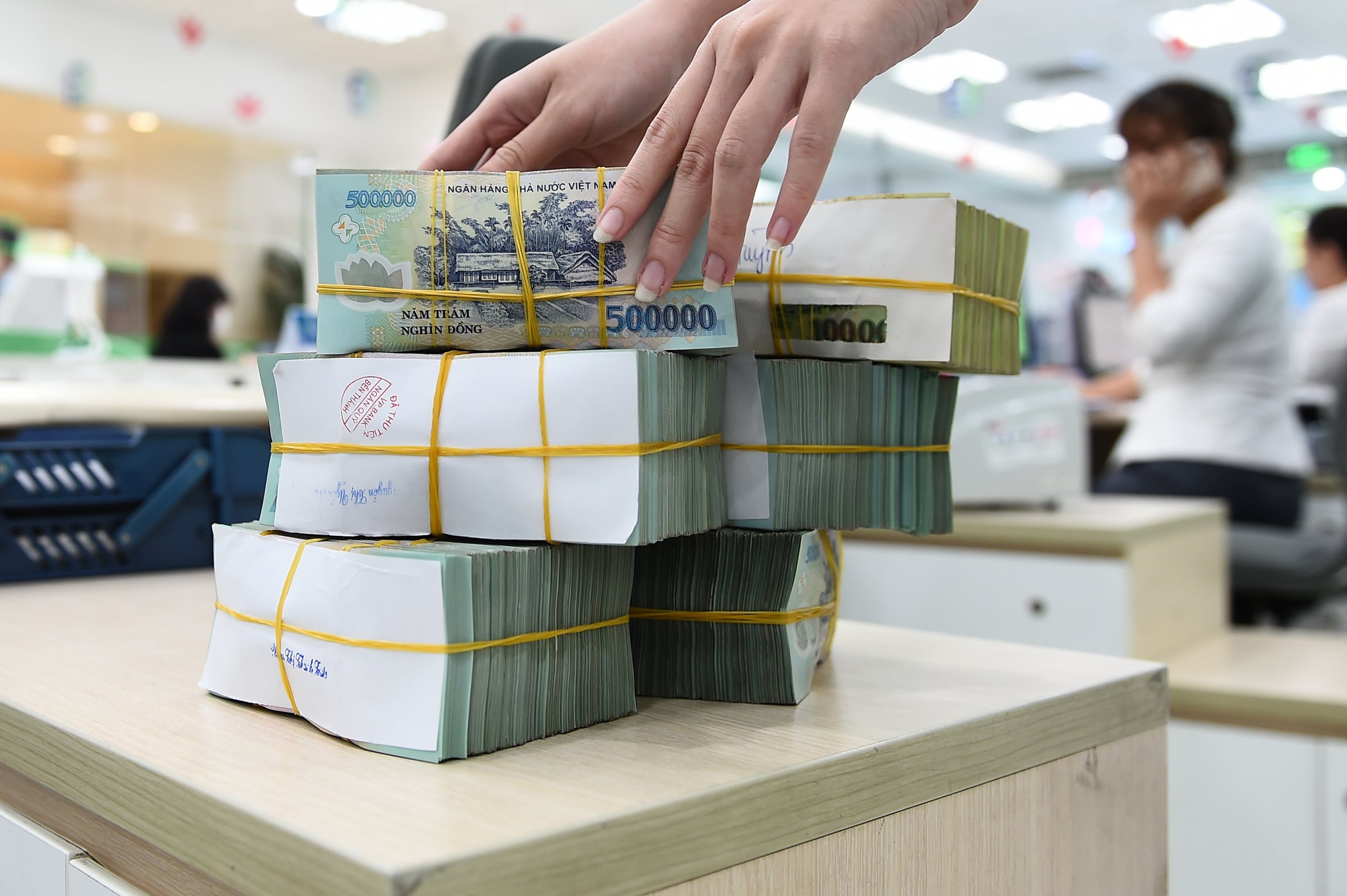 |
The Law amending and supplementing a number of articles of the Law on Credit Institutions (Law No. 96/2025/QH15) officially legalizes the right to seize collateral of credit institutions. This provision helps banks (creditors) reduce debt collection costs, but also raises concerns that illegal possession or abuse by creditors may create conflicts between people, even those not involved in credit transactions.
Therefore, to avoid this situation, in the draft Decree under construction, the State Bank has specified the conditions for collateral of bad debts to be seized in addition to the conditions prescribed in Law No. 96/2025/QH15.
Firstly, the collateral of a bad debt is seized when it meets the conditions specified in Article 198a of Law No. 32/2024/QH15, amended and supplemented by Law No. 96/2025/QH15, and the following conditions: The collateral is not the only house of the guarantor; The collateral is not the main or only working tool of the guarantor.
Second, collateral assets of bad debts that are not assets specified in Clause 1 of this Article shall be seized when meeting the conditions specified in Article 198a of Law No. 32/2024/QH14, amended and supplemented by Law No. 96/2025/QH15.
According to the State Bank 's submission, in reality, although in order to carry out the seizure as prescribed in Article 198a of Law No. 32/2024/QH15 amended and supplemented by Law No. 96/2025/QH15, credit institutions and organizations buying, selling and handling bad debts must comply with clear and transparent conditions, procedures and processes.
To ensure the above provisions are implemented consistently, the draft Decree introduces two concepts: “sole housing” and “main or sole means of employment” (Article 3).
Accordingly, the sole residence is the sole construction owned by the guarantor where the guarantor resides and lives stably, permanently or regularly.
This regulation is based on the concept of "housing" in Clause 1, Article 2 of the Housing Law No. 27/2023/QH15 and the concepts of "legal accommodation", "permanent residence", "current residence" in Clauses 1, 8, 10 of the Residence Law No. 68/2020/QH14.
The main or sole means of labor is the means of labor that generates the main or sole income for the guarantor. The main or sole income of the guarantor is determined in accordance with the minimum wage in the region where the guarantor lives and works according to the Government 's regulations on minimum wages for employees working under labor contracts.
Currently, Vietnamese law does not have the concept of “providing the main or sole income”. However, according to the provisions of Point d, Clause 2, Article 87 of the Law on Civil Judgment Enforcement and the provisions of Point d, Clause 2, Article 55 of Draft 4 of the Law on Civil Judgment Enforcement, “necessary labor tools of small value used as the main or sole means of livelihood of the judgment debtor and his family” are assets that cannot be seized.
The above concepts are also built on the basis of reference to assets excluded when carrying out the seizure of secured assets in Germany (exemption from confiscation to ensure basic living conditions and working capacity of the debtor) and Canada (tools, personal assets used to earn income according to the borrower's profession).
The draft Decree also stipulates the responsibilities of the guarantor.
Accordingly, in essence, the seizure of secured assets under the provisions of Law No. 96/2025/QH15 is a handling measure agreed upon by the relevant parties. However, the party executing the seizure of secured assets has neither the responsibility nor the ability to check and verify whether the individual's residence is the only residence or not, nor the ability to check and verify whether the labor tool is the main or only labor tool or not.
In case a third party has to be hired to perform these tasks, it will incur costs and procedures when granting credit and/or when seizing secured assets . Therefore, the obligation and responsibility to confirm, commit and prove the related content of secured assets belongs to the guarantor.
Based on the confirmation, commitment and supporting documents of the guarantor, the secured party shall evaluate and "deal" with the secured assets in accordance with its risk appetite (in case the secured assets are considered the sole residence and the main or sole means of employment, the secured party shall not proceed with seizure).
Source: https://baodautu.vn/ngan-hang-thu-giu-tai-san-dam-bao-quy-dinh-dieu-kien-cu-the-de-tranh-lam-quyen-d364099.html




![[Photo] Marching together in the hearts of the people](https://vphoto.vietnam.vn/thumb/1200x675/vietnam/resource/IMAGE/2025/8/31/8b778f9202e54a60919734e6f1d938c3)

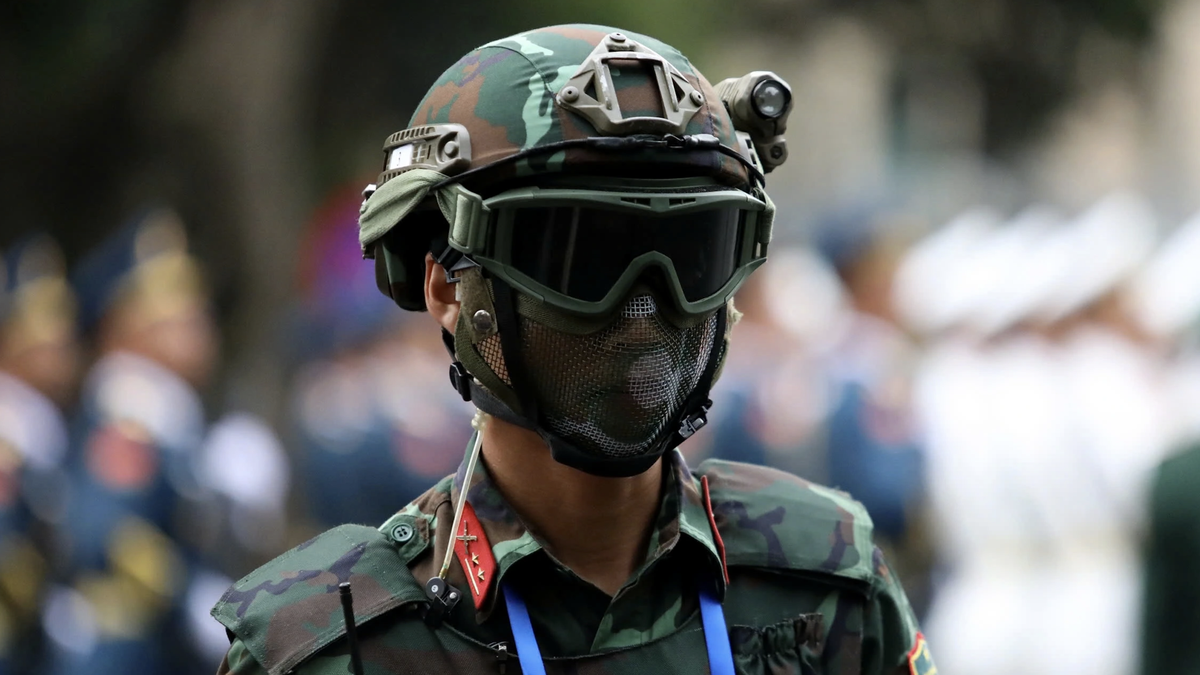
![[Photo] National Assembly Chairman Tran Thanh Man welcomes and holds talks with Chairman of the National People's Congress of China Zhao Leji](https://vphoto.vietnam.vn/thumb/1200x675/vietnam/resource/IMAGE/2025/8/31/9fa5b4d3f67d450682c03d35cabba711)
![[Photo] General Secretary To Lam receives Chairman of the National People's Congress of China Zhao Leji](https://vphoto.vietnam.vn/thumb/1200x675/vietnam/resource/IMAGE/2025/8/31/5af9b8d4ba2143348afe1c7ce6b7fa04)





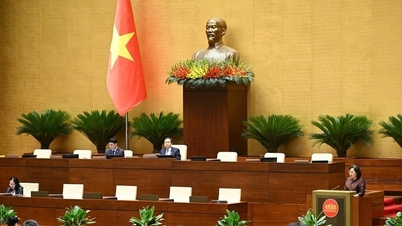

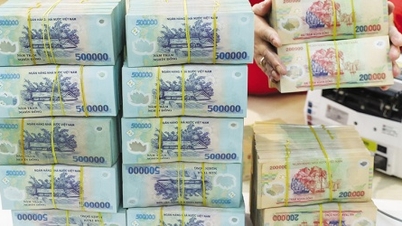




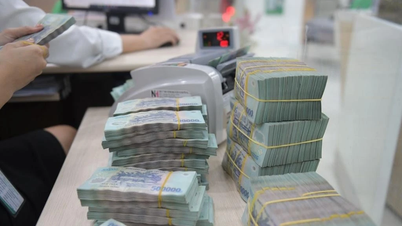












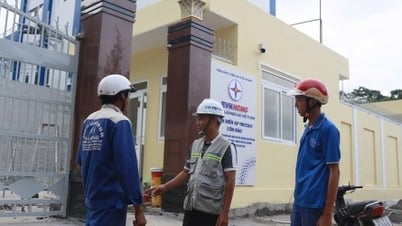







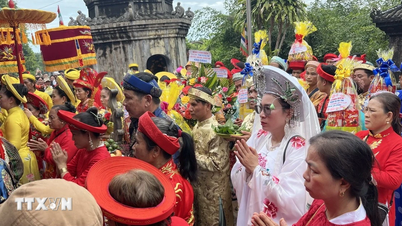

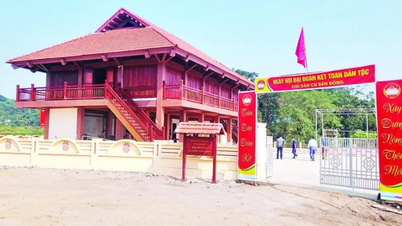



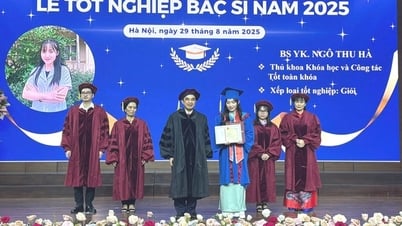





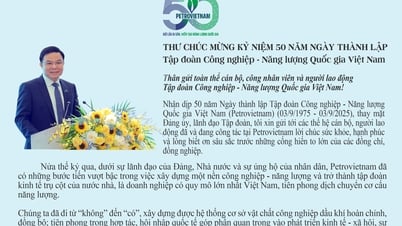








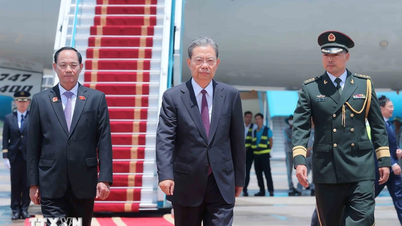


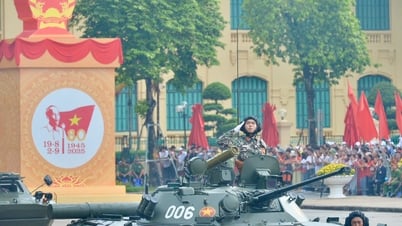







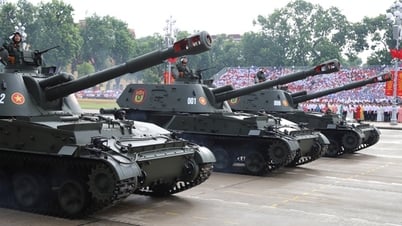





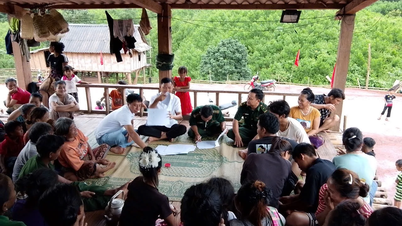



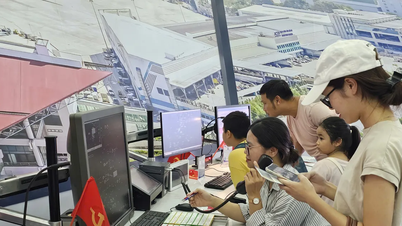

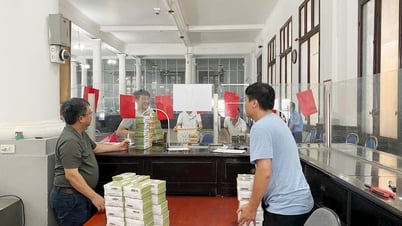

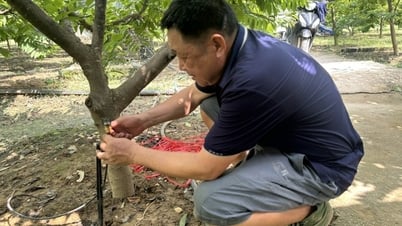

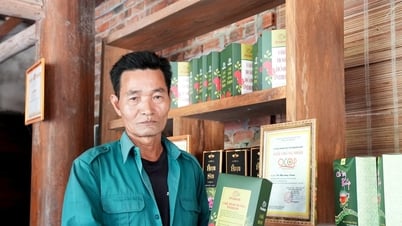




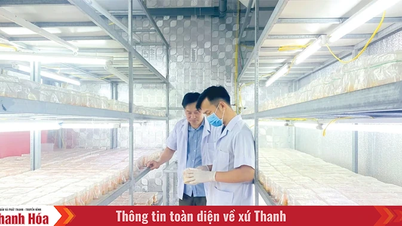






Comment (0)